
Editor's Note: This story originally appeared on Point2.
Life in the city certainly has its upsides, with entertainment options on every corner and the chance to meet new people whenever you step out the door.
But for many of us, the idea of a quiet life in the country is becoming increasingly attractive. And, with more people able to work remotely, there’s seemingly no time like the present to give off-grid living a go.
However, how can you be sure that living off the grid is really for you?
In this guide, we’ll look at what this lifestyle actually entails, how it’s done, and what to think about before you take the plunge and buy an off-grid house.
What Is Off-Grid Living?
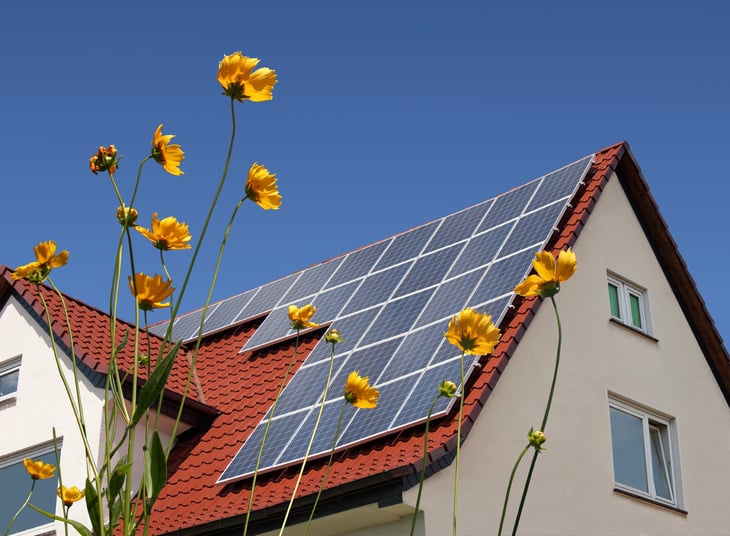
In a nutshell, going off-grid suggests that you will be living in a home cut off from public utilities and services, such as water, gas, electricity and sewage.
Instead of relying on a municipality to take care of these things, you’re responsible for either generating your own utilities or simply living without them.
For example, most off-grid homes rely on a well for their water rather than having it piped in. Many off-grid houses either don’t use electricity at all or generate it using an off-grid solar system or another renewable source. Sewage is typically dealt with using a compost toilet or septic tank.
Living off-grid is often tied to a more sustainable and environmentally friendly lifestyle. Moreover, such homes tend to be in rural areas.
However, it’s not unknown for people in urban areas to manage to live off-grid.
3 Things To Consider Before Living Off-Grid
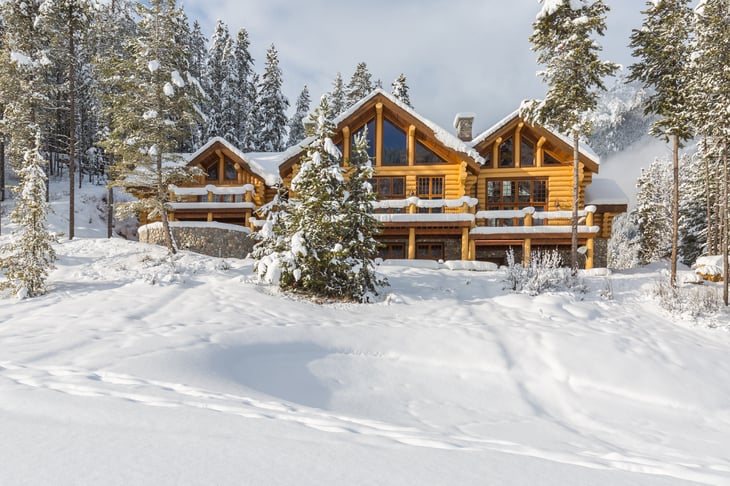
Living off the grid isn’t easy. It often means leaving the comforts that many of us have known our entire lives behind.
Instead, you’ll need to put your skills to the test and, more often than not, be at the mercy of Mother Nature. Here are things to seriously consider before you make your choice.
1. Why Are You Thinking About Going Off-Grid?
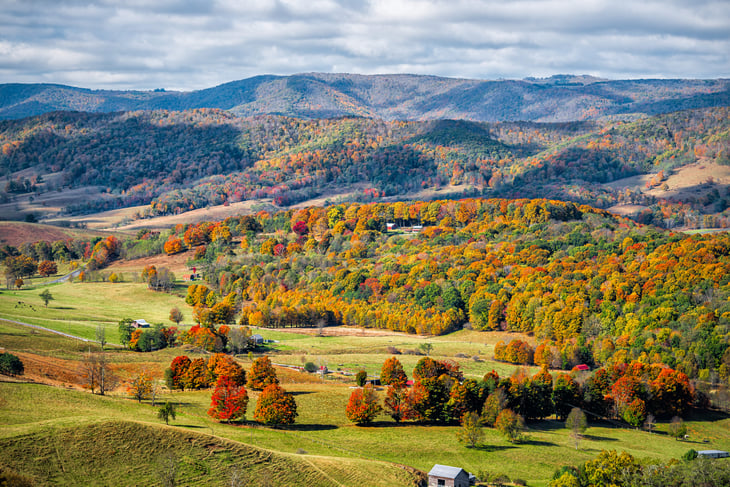
Off-grid living requires a monumental lifestyle change, so it’s well worth asking yourself why you want to go down this route. Some common reasons include:
- Reducing monthly utility bills
- Lowering your carbon footprint
- The attraction of self-sustainable living in a remote area
- Looking to escape the city for a more peaceful lifestyle
For those looking to live a more eco-friendly lifestyle, it’s well-worth noting that there are many other ways to live greener without the challenge of going off-grid altogether.
2. Where Will You Live?

Once you’ve decided that living off the grid is right for you, it’s essential to consider your location.
Notably, it’s not a simple matter of building a log cabin in the wilderness and hoping for the best. Many areas have strict laws regarding licensing for living off-grid, so you’ll need to do your research and ensure you comply with local regulations.
If you’re planning on a rural location, remember that it’s likely that you’ll have reduced access to amenities such as hospitals, schools, and even shops. As such, you may find yourself more reliant on a car.
It is possible to live off-grid in an urban area, too, so if you do need access to more amenities, this could be a great middle ground.
3. Lifestyle Considerations

You can expect your current lifestyle to change drastically once you go off-grid. If you’re a social bumblebee, it can soon become lonely as friends and family find it increasingly difficult to keep in touch and visit you.
Plus, if you’ve got kids, finding local schools can be a struggle, and you may have to think about home-schooling instead. This can make it challenging for them to socialize with other kids, so bear that in mind as well.
Meanwhile, if you plan to keep your job and move somewhere remote, the commute can become a hindrance.
How To Live Off-Grid: Making It Work
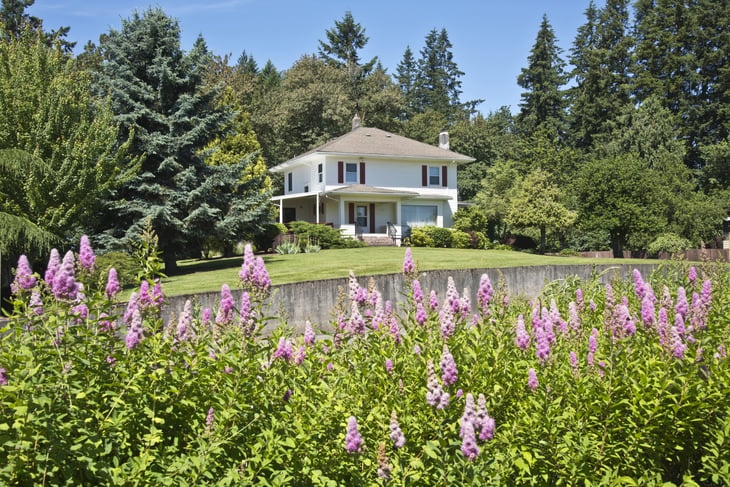
Off-grid living can be a drastic change but also an extremely positive one if you’re sure it’s right for you. Here are a few ideas for how you can make it work.
1. Create a Budget

A lifestyle change like this requires proper planning for everything to run smoothly. Most importantly, you need to create an accurate budget.
Electricity usage is usually one of the largest costs, so you must determine how much you plan to use and how you intend to generate it. But, even if you plan to go without it entirely, there are many other costs to be aware of.
No matter how self-sufficient you intend to be, no one can make everything they need themselves, so be sure to budget for things like medicine and gas for your car. And don’t forget property taxes and insurance.
Finally, think about how you’ll earn an income. Will you keep your current job and commute? Or do you plan to work remotely, in which case you’ll need to ensure you have a reliable internet connection?
Alternatively, you may pick up a new trade and earn locally.
2. Ensure You Have Access to Water

Drinking water is one thing you can’t do without, so ensure you have this covered before settling on a particular location.
If your homestead is next to a gorgeous stream, you’ll still need to boil the water first to make it safe to drink and/or install various filtration systems. Digging a well is another option, but you must ensure you’re legally able to where you plan to live.
Sewage is another consideration. Wastewater can’t just be returned to the stream or soil, and if you’re using a septic tank, it’s essential that there’s no danger of contamination.
3. Powering Your Home
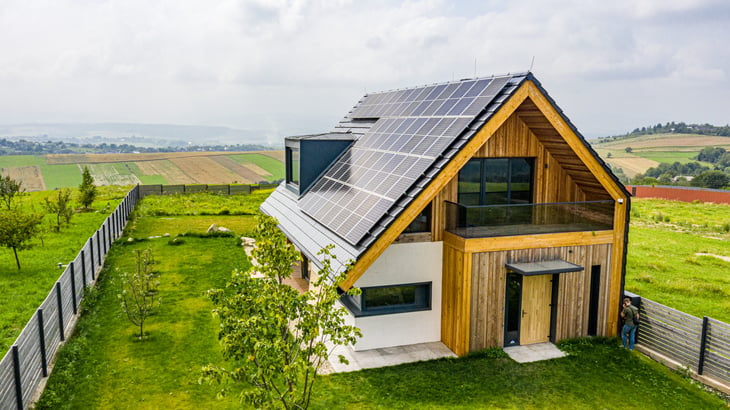
From wind turbines and solar panels to hydroelectric generators, there are many ways to generate power for your off-grid house. Research your options carefully, and think about the best solution for your circumstances.
Whatever you choose, it’s wise to install a backup plan, be it an emergency diesel-fueled generator or a battery bank. These can be invaluable in case of a blackout.
If you’re thinking about cutting electricity from your life altogether, consider whether you can live without things like refrigerators, freezers, washing machines and reliable lights.
4. Finding a Food Source

Depending on how remote you wish to be, it’s important to consider how you’ll feed yourself when living off the grid.
Creating a vegetable garden is a fantastic way to ensure a regular food supply, but you’ll need to ensure you have enough land to grow all that you need.
Hunting, fishing and foraging can also be good ways to keep your pantry stocked, but make sure it’s legal before you start.
Learning how to preserve food is another essential skill, especially if you don’t have access to a refrigerator or freezer.
5. Hone Your Skills
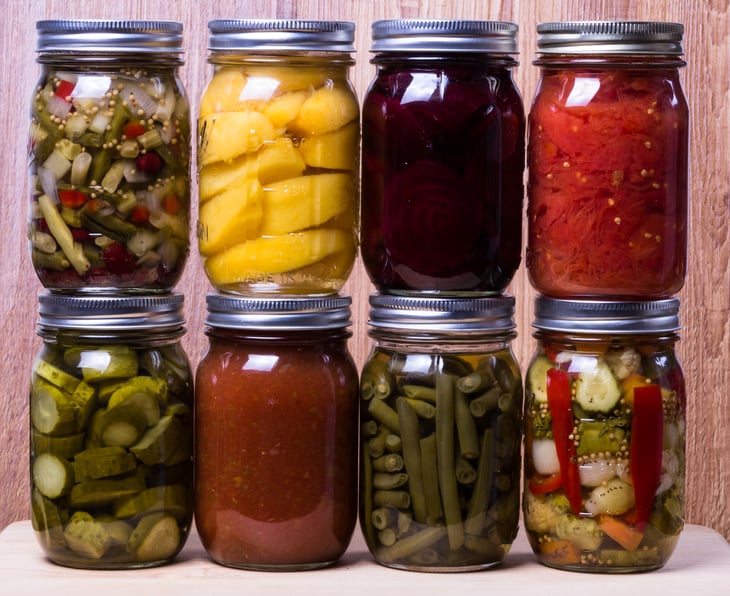
Off-grid living requires a particular skill set to get the most out of the experience.
Hunting, fishing and foraging are all helpful to know and can keep you fed throughout the year.
Learning how to grow crops is another must, while basic trade skills, such as carpentry, plumbing and mechanics, will ensure you can maintain your off-grid home.
Finally, first aid knowledge can be invaluable and potentially life-saving.





Add a Comment
Our Policy: We welcome relevant and respectful comments in order to foster healthy and informative discussions. All other comments may be removed. Comments with links are automatically held for moderation.